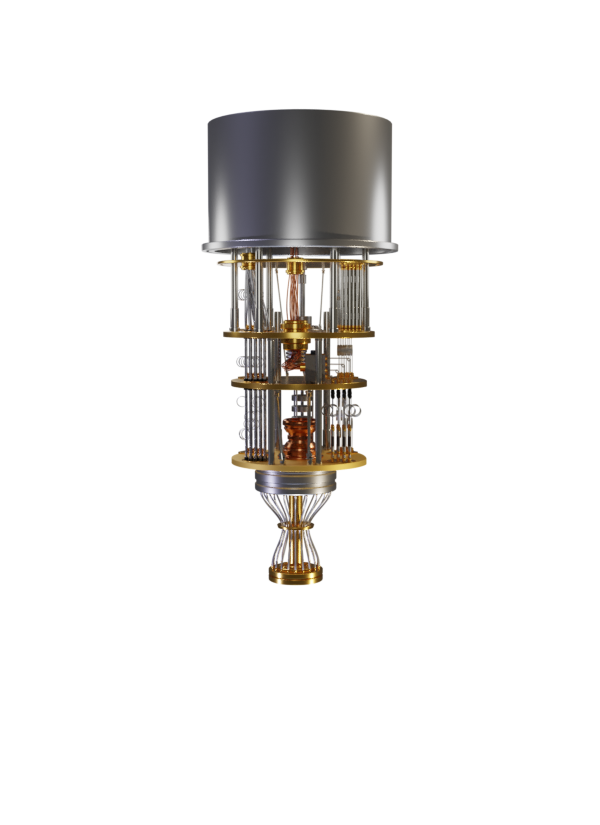CPOpen: Your Gateway to Current Affairs
Stay updated with the latest trends and insights across various topics.
Quantum Computing: The Next Frontier in Tech Wizardry
Discover the magic of quantum computing! Unveil how this revolutionary tech is reshaping the future and unlocking limitless possibilities.
Understanding Quantum Computing: A Beginner's Guide
Understanding Quantum Computing is crucial for anyone looking to grasp the future of technology. Unlike classical computing, which uses bits as the smallest unit of data, quantum computing employs qubits. These qubits can exist in multiple states at once, thanks to the principles of superposition and entanglement. This unique characteristic allows quantum computers to perform complex calculations at speeds unimaginable with traditional systems, making them a game-changer in fields like cryptography, material science, and artificial intelligence.
For beginners, the journey into quantum computing can seem daunting. However, breaking it down into manageable concepts can make it accessible. Here are a few fundamental ideas to get started:
- Superposition: The ability of qubits to represent multiple states simultaneously.
- Entanglement: A phenomenon where qubits become interconnected, allowing the state of one to instantly influence the state of another, regardless of distance.
- Quantum Gates: The building blocks of quantum circuits, analogous to logical gates in classical computing.
Understanding these principles is the first step towards unlocking the potential of quantum computing.

How Quantum Computing Will Revolutionize Industries
Quantum computing is poised to transform various industries by providing solutions to complex problems that classical computers struggle with. Unlike traditional computing, which relies on bits as the smallest unit of data, quantum computing utilizes qubits. This capability allows quantum computers to handle vast amounts of data simultaneously, thanks to principles of superposition and entanglement. As a result, industries such as pharmaceuticals, finance, and logistics can leverage quantum algorithms to optimize operations, develop new drugs faster, and analyze risky investments with unprecedented accuracy.
Moreover, the impact of quantum computing will extend to artificial intelligence and machine learning, enabling these technologies to process vast datasets beyond current limitations. For instance, quantum-enhanced algorithms can drastically reduce the time required for training models, thereby accelerating innovation in sectors like healthcare for personalized medicine or energy for discovering new materials. With these advancements, businesses can expect to achieve significant competitive advantages through enhanced efficiency and breakthrough discoveries.
What Are Qubits and Why Are They Important in Quantum Computing?
Qubits, or quantum bits, are the fundamental units of quantum information, analogous to classical bits in traditional computing. Unlike classical bits, which can be either 0 or 1, qubits can exist in a state of superposition, allowing them to be both 0 and 1 simultaneously. This unique property enables quantum computers to process vast amounts of information in parallel, significantly outperforming classical computers for certain tasks. Furthermore, qubits can be entangled, meaning the state of one qubit is intrinsically linked to another, regardless of the distance separating them, which enhances computational efficiency and security.
The importance of qubits in quantum computing cannot be overstated. They are crucial for performing complex calculations that are currently infeasible for conventional computers. The ability of qubits to operate in multiple states at once allows quantum algorithms to solve problems such as integer factorization and database search much faster than their classical counterparts. As researchers continue to explore ways to improve qubit stability and coherence, the practical applications for quantum computing are expanding into fields such as cryptography, drug discovery, and optimization problems, paving the way for a revolutionary change in technology.